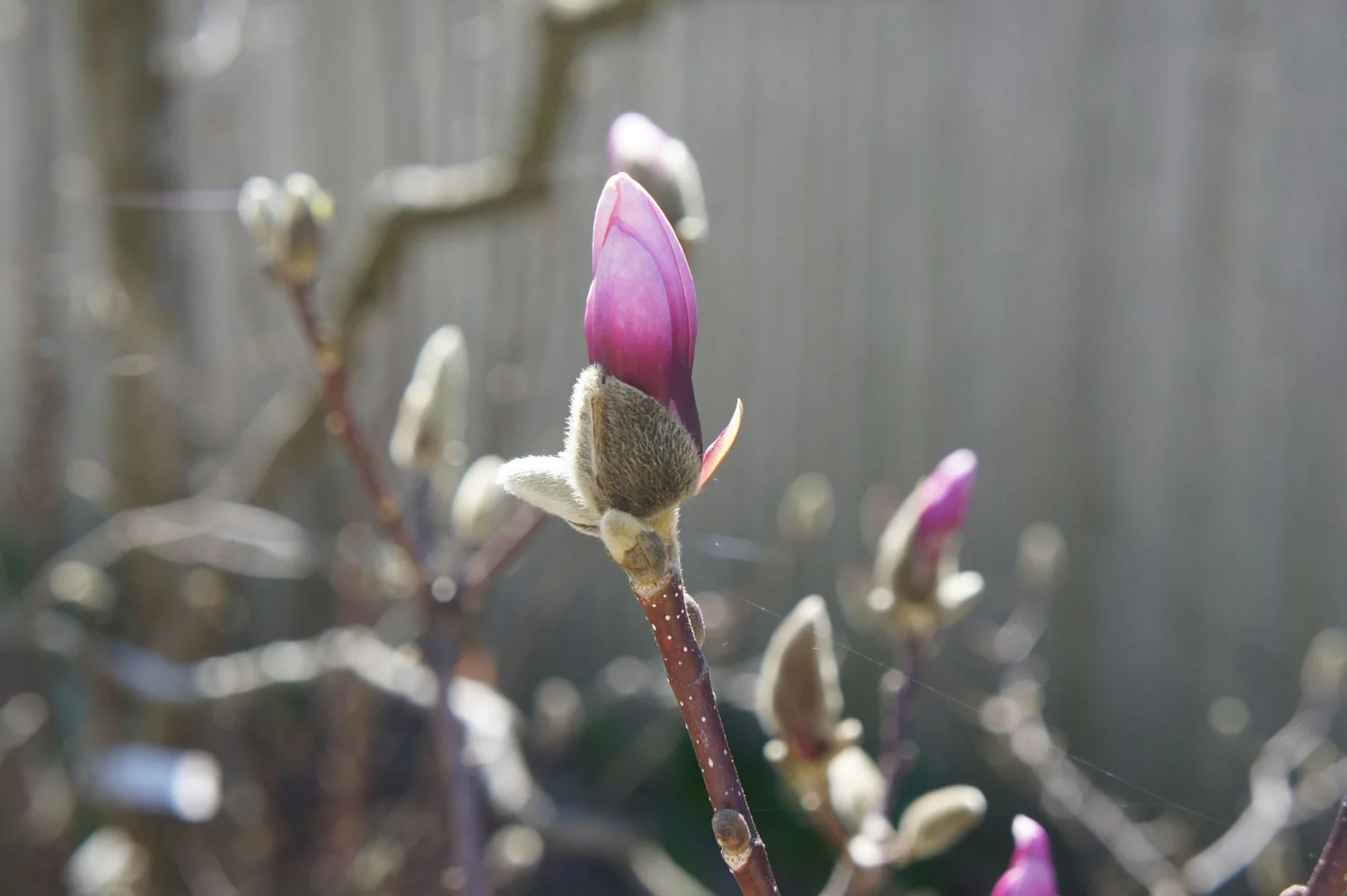Since then research has shown that removing the low branches and even ‘suckers’ will leave the tree weaker and more susceptible to storm failure and breakage. A healthy tree, we have learned, has at least 1/3 of its branches on the lower 1/2 of the tree.
Of course you often must remove a few low branches if they are hitting cars, trucks or people. But it is harmful to the trees and they will be made more dangerous if you trim too much.
So what are the options? There are many ways to leave your low branches and plan around them. The easiest way, which is what the Chicago Botanic Garden does, is to mulch under the trees and shrubs out to the branch spread. This is good for your trees for many reasons (see our Mulching Abstract), its good for your lawn and your lawn mower operator.
Let’s face it, grass doesn’t like to grow under trees and trees don’t like grass on their roots. Its a win/win when you return your trees to a forest garden, removing the prairie/lawn from beneath them; allowing them to recycle their leaves beneath their branches.
The option we prefer is to leave a few low structure branches to reach down and embrace your landscape. They tie the heavens to the earth. If you do not mulch beneath them you may need to duck when you mow, but you can lean on them when you need a rest. Just think, if you let your kids have a branch that is within reach, they will develop and always keep a fond connection to nature.
Avoid the deadly sins of Spring clean-up
Mother Nature's Moment
by Lesley Bruce Smith ISA Certified Arborist














